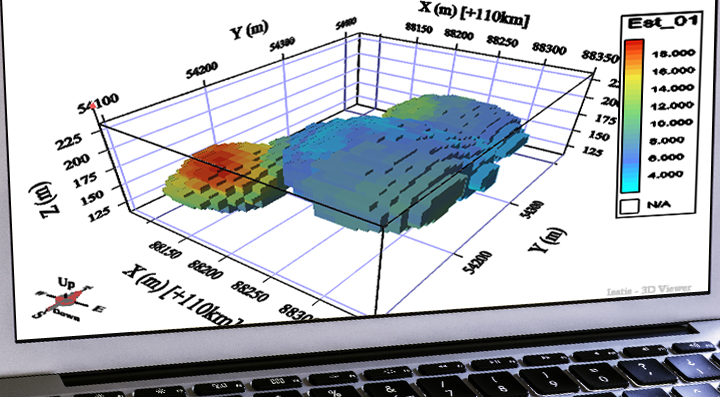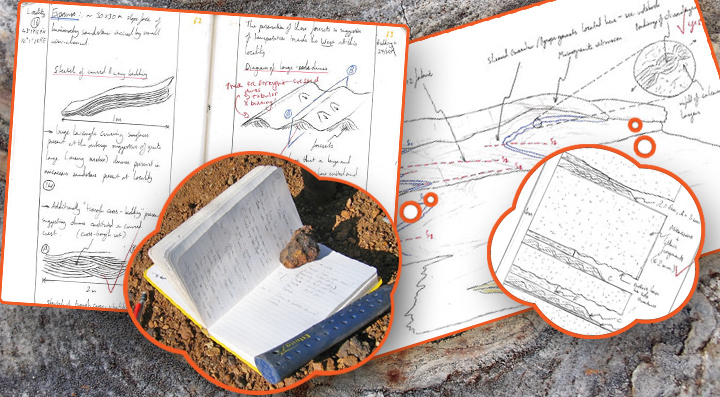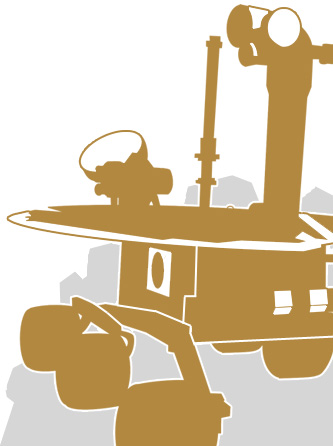Other useful skills

 Effective written communication
Effective written communication
- You must be able to convey your ideas and your reasoning effectively but concisely to reach robust conclusions. This means your work must be interesting, logical and easy to read.
- Assignments and dissertations throughout a degree are the best practice. An excellent way to demonstrate this skill is to get some work published, typically towards the end of a degree.
 Effective oral communication
Effective oral communication
- Being able to present or lecture to an audience is one of the most important skills you can acquire during a degree. There will be assignments in which you present to your lecturers and peers.
- It is imperative to learn to engage with your audience so they are interested in what you are talking about.
 Technical and IT skills
Technical and IT skills
- All professions nowadays require basic IT skills, such as word processing, database analysis and data management. These are rarely a problem for those who have completed an undergraduate degree. However, gaining other IT skills in geographical information systems, drawing and modelling software is becoming increasingly important.
- All professional geologists will use specialist software, regardless of the sector they work in, and having a basic understanding of the functionality of some of these is highly desirable to employers.
- Many specialist software (modelling) packages permit 3-D and 4-D visualisation of geological features and processes. Understanding how these relate to the real world and their limitations is very important.

Computer generated 3D model of an ore deposit
 Languages
Languages
- Foreign language skills are more important than ever in geology. Although English is the global language of science, having an ability in foreign languages can be extremely desirable to employers as so many organisations now operate internationally.
- Most universities offer foreign language courses for a range of abilities as extra-curricular classes (i.e. on top of normal lectures and work). They usually charge a small fee, but this can sometimes be claimed back from departments
- Spanish, French, Portuguese and Russian are the most useful European languages to learn. Arabic and Cantonese/Mandarin Chinese could also be of use.
 Field skills
Field skills
- Fieldwork you have undertaken is always of interest to employers in geological industries. It is more directly useful for some sectors than others, but doing well in fieldwork demonstrates that you can complete large amounts of work in sometimes challenging environments and conditions.
- Additionally, it shows you can use field equipment and that you have seen a variety of different geological features.

Field Notebook


